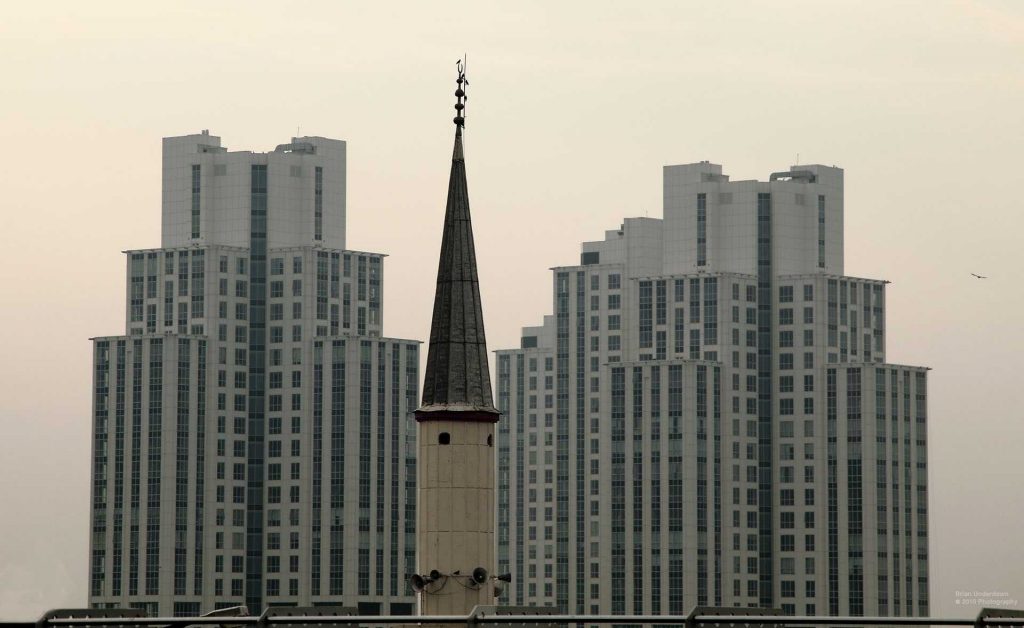A historic trial
The army condemned
Sep 29th 2012 | ISTANBUL | from the print edition
WAS justice served? The question has been raging ever since a special Istanbul security court on September 21st handed down sentences ranging from six to 20 years against 325 officers accused of seeking to overthrow Prime Minister Recep Tayyip Erdogan’s mildly Islamist Justice and Development (AK) party in 2003. The trial called “Sledgehammer” was heralded as a historic turning point for Turkey’s wobbly democracy. For the first time civilian prosecutors had charged officers, including two former generals and a former admiral, for alleged coup-plotting, as part of a broader conspiracy known as Ergenekon, under which hundreds of other officers of varying ranks are also facing trial.
In the event it seems that the overriding goal was not so much to bring justice but a strong message to would-be coup-plotters of the consequences they are likely to face. Some go as far as to argue that the trial was merely an exercise in revenge for the army’s long history of intervention in politics (it has ejected four governments since 1960) and for its brutal suppression of any overt expression of Muslim piety in the name of defending Ataturk’s secular republic. Either way, the case has been bedevilled by allegations of sexed-up evidence and partisanship.
Many of the inconsistencies have been catalogued by Dani Rodrik, a Harvard economist, in a blog. His father-in-law Cetin Dogan, an arch-secularist former general, was the chief suspect in the Sledgehammer plot, which allegedly contemplated the bombing of mosques, the murders of Christians and the downing of a Turkish fighter jet. Much of the evidence is contained in a single CD dated 2003 when the coup plans were said to have been hatched. Yet the same CD cites companies that did not exist at the time. Two prosecutors who called for the suspects to be released on bail were promptly dismissed and key witnesses for the defence were never heard.
The defence alleges that the tampering was done by Turkey’s most influential Islamic fraternity, named after its leader, Fetullah Gulen, a moderate imam who lives in self-imposed exile in America. It is impossible to prove but the “Gulenists” are said to have infiltrated the ranks of the police force in order to counterbalance the influence of the generals who have hounded them for decades. Moreover, thanks to constitutional changes brought in by AK in 2010, the army has lost its hold over the judiciary. The result, the defence argues, is that pro-Gulenist judges are swelling its ranks. Never mind that secret recordings of their conversations reveal that the generals were discussing how to get rid of AK, that they openly threatened an “intervention” in 2007 or that they egged on now-retired pro-secular prosecutors to launch a case to close down AK in 2008. In the event it was overturned by a single vote. “The perceived lack of an independent judiciary is among Turkey’s biggest problems,” says a Western diplomat.
Still, the case is by no means over. The defence can appeal to a higher court. Should this court uphold the verdict, they can turn to the European Court of Human Rights in Strasbourg, but not before passing through Turkey’s constitutional court.
It remains uncertain whether the generals will get a sympathetic hearing. Already, Hilmi Ozkok, who was the Chief of General Staff when the coup blueprints were allegedly conceived, appeared to suggest that he did not believe the trial was flawed. “I was upset by the verdict” the former general said “but not surprised.”
via Turkish politics: A historic trial | The Economist.


Leave a Reply